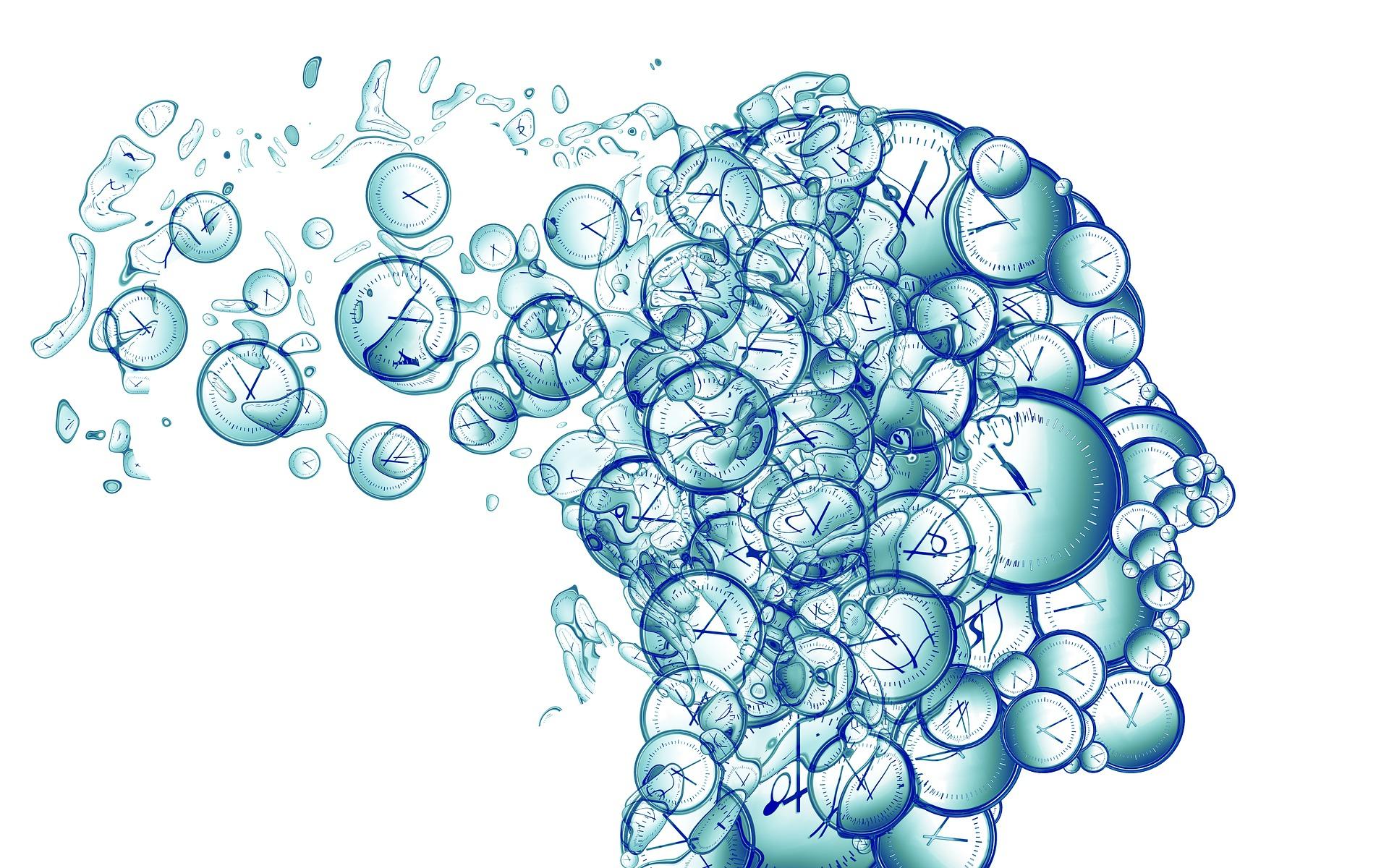With global populations aging at an unprecedented rate, the demand for elderly care practitioners has become increasingly urgent. As life expectancy rises and birth rates fall, societies are experiencing significant demographic shifts that lead to more elderly individuals needing care. These trends underscore the critical role elderly care practitioners play in modern healthcare systems. Their specialized skills and compassionate approach address not only the physical health needs of seniors but also their emotional and social well-being. Here’s why elderly care practitioners are needed now more than ever.
Growing Elderly Population
Due to advancements in healthcare, people are living longer, healthier lives, resulting in an unprecedented growth in the elderly population. According to the World Health Organization, by 2050, the global population of people aged 60 years and older will double, reaching about 2.1 billion. This demographic shift is creating an enormous need for specialized caregivers trained in geriatric care. Elderly care practitioners are vital to providing the personalized support necessary to manage the unique health challenges associated with aging.
Increasing Rates of Chronic Illness
With age, people become more susceptible to chronic illnesses such as arthritis, diabetes, heart disease, and dementia. These conditions often require ongoing management, including regular monitoring, medication adherence, and lifestyle adjustments that can be challenging for seniors to handle on their own. Elderly care practitioners are equipped with the skills and knowledge to manage these chronic health conditions, ensuring that seniors maintain as high a quality of life as possible. They work closely with other healthcare providers to create holistic care plans tailored to each individual's needs.
Need for Specialized Knowledge and Skills
The health needs of elderly people are unique and often complex. Older adults may experience age-related conditions such as cognitive decline, mobility issues, and sensory impairments that require specialized care techniques and approaches. Elderly care practitioners receive targeted training to handle these specific issues, which might involve physical therapy, memory care, or end-of-life care. Their expertise allows them to provide care that goes beyond the general scope of healthcare, emphasizing safety, empathy, and dignity.
Alleviating the Burden on Family Caregivers
As populations age, families are increasingly stepping into caregiver roles, often balancing this responsibility with their own work and personal lives. Caring for elderly relatives can be a demanding and sometimes overwhelming task that affects both physical and mental health. Elderly care practitioners provide crucial relief to family caregivers by ensuring their loved ones receive consistent, professional, and attentive care. This support allows family members to focus on their personal and professional responsibilities, reducing caregiver burnout and promoting healthier family dynamics.





0 Comments